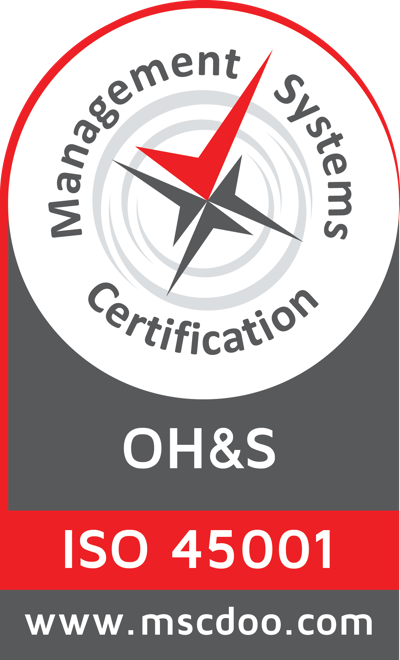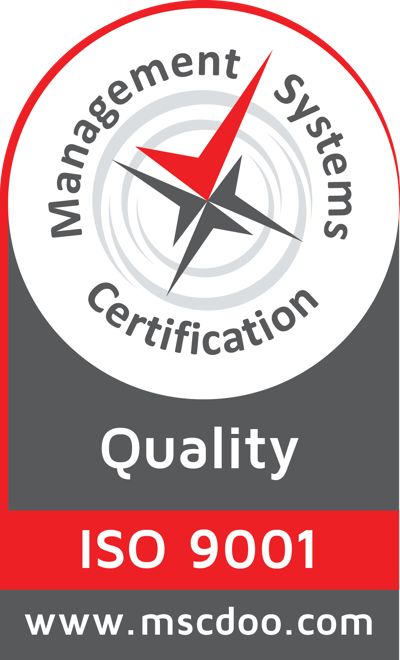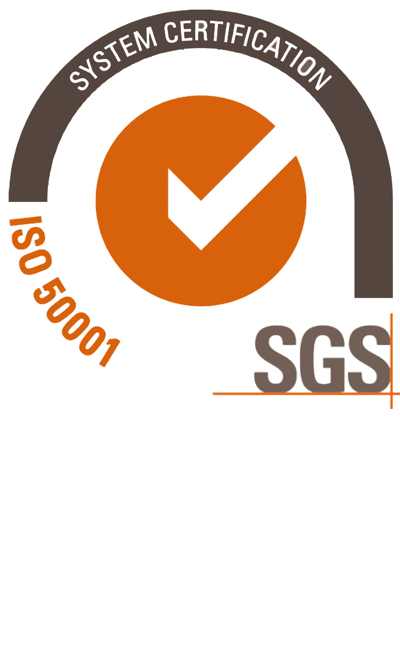ASECAP Road Safety Conference, held in Madrid on the 24th of March 2014 was a key opportunity for road operators to present their most innovative initiatives and the great results achieved, by "saving lives", on their road network.
The Steering Committee accepted the SEOPAN candidacy as replacement of ASETA. Thus, SEOPAN replaces immediately ASETA in the ASECAP Structures as a full ASECAP member.
During the opening speech, Jean Mesqui, ASECAP President, had the opportunity to ensure all that “road safety represents and, will always remain, a key priority for ASECAP and its members who will continue to consistently invest financial, human and technological resources to ensure the safest road network in Europe.”
The ASECAP Secretary General presented the latest developments in the EU transport world, the crucial points for ASECAP and proposed activities for the ASECAP 2014 Work Program, general political transport framework in EU. He focused on the developments concerning tolling, charging, the adopted legislation on concessions and public procurement, priorities related to Road safety and sustainability fields, ITS, i-mobility forum, Radio Frequencies and the related problems of 5,8 - 5,9 MGZ, focused on the field of EETS/REETS and provided more detailed information in these fields:
EETS Decision 2009/750, adopted unanimously by all the 27 member states, still has brought no deployment results in EU as there are no registered EETS providers that could open contacts with the existing TCs, aiming at signing related contracts. The lack of developments in the EETS area has led the EC to consider as a first step the deployment of EETS in a well-defined geographical area in the central region of EU.
In a high level meeting under DGMove (invited all the potential public and private EETS stakeholders: TCs, the Association of the potential ETS providers and the states). In the so called REETS project- led by ASFINAG- all the above stakeholders would participate actively. The project is a complex one, mainly because the “Service providers” do not appear prepared to contribute actively regarding the analysis of all the tolling parameters and undertake deployment activities that would lead to a realistic cross-border tolling deployment in the chosen region.
The actors examined/"criticized" the findings and the state of play of REETS. REETS project will get the green light by the E. Commission to continue after 2014. The Secretary General noted that under the leadership of ASFINAG, the ASECAP consortium members work hard for the success of the project, but in parallel the ASECAP members must be in alert so that -in case that finally the EC judges that “the EU regional tolling experiment" has failed to achieve what it promised- the TCs should not be the ones to blame.
ASECAP ACTIONS PRESENTED BY THE COPERs CHAIRS
COPER I
COPER I chairman Bruno De la Fuente presented the work undertaken by COPER I in relation to recent developments in the EETS domain, as well as the legislative initiatives from the European Commission on the award of concessions contracts and public procurement.
Special reference was made to the Concessions study to be carried out by the PWC. The Steering Committee agreed that a first executive report of the study should be ready and presented during the ASECAP Study days in Athens (26-28 of May).
COPER II
Key topic of COPER II was the ASECAP activity on the sustainability field. There ASECAP has two folds of action and prepares in the long run a “heavy sustainability matrix” (an interactive document to be used as a basis of data gathering inside ASECAP) and in parallel prioritizes in the sustainability political/communication document that will be used by ASECAP structures in the immediate future. Efforts are carried out in order the document to be finalized in the ASECAP Study Days in Athens (26-28 of May 2014).
COPER III
COPER III chairman Marko Jandrisits gave an overview of ASECAP activities in the field of ITS. The following issues were addressed in particular:
- Co-existence ITS (5,9 GHz) - DSRC (5,8 GHz): COPER III continues to follow actively developments in this field. Members were invited to also follow at national level related ETSI standardization activities. It was clearly underlined that the problem is not only 5.8 -5.9 GHZ but also the relation of 5.8-5.9 GHZ versus RLAN.
- ITS activities / i-Mobility Forum: The COPER III chairman presented a structured overview of ASECAP’s involvement in various initiatives and projects in the ITS domain.
COPER IV
Fabio Stefanato from the ASECAP Secretariat presented the members’ traffic data for the 2013. The members indicated that the individual members’ curves, their gathered data and the differences in methodologies could result to misleading total ASECAP results. For this reason the Steering Committee agreed that COPER IV, in cooperation with the other COPERs, will take action to get towards “harmonized data gathering procedures”.
RADIO FREQUENCIES- LOU TO BE SIGNED
The COPER III chair Marko Jandrisits analyzed further the issue in question) – LoU to be signed.
CANDIDACIES FOR 2ND VICE PRESIDENT AND 2 ELECTED COMEX MEMBERS
Following the ASECAP By-Laws’ provisions concerning the rotating presidential scheme (the President becomes Past President, the first Vice President becomes President, etc.), the Steering Committee welcomed the application of
- Mr. José Braga (APCAP) for the post of the 2nd Vice President
- Mr. Andreas Arnaoutis (TEO) for the one post of the two voting COMEX members
The Steering Committee noted that by 31/1/2014, no other formal application was formally sent for the other post of the voting COMEX member. The decision of the Steering Committee on these matters will be taken in its session 2014/2 in Athens.
BUDGET 2013 EXECUTION
The Steering Committee approved unanimously the Budget 2013 execution as submitted by the Secretary General, in cooperation with the ASECAP auditors and accountants.
The Secretary General informed the members:
- amount of 36.000 Euros collected as TVA related to the ASECAP 2013 event in Croatia remains in the ASECAP budget, as Croatia informed ASECAP that when the event in Croatia took place no TVA was applied Croatia was not still an EU member. The Steering Committee will reflect whether this amount will be kept in ASECAP accounts as a “profit”
- EC accepted to close the CESARE projects and will send to ASECAP a debit note of 15.089,68 EUROs.
ASECAP AND OTHER ORGANIZATIONS – A MODUS OPERANDI
ASECAP Steering Committee decided that it is of strategic interest for ASECAP to have a strong presence in the different European fora and promote the ASECAP presence in the EU mechanisms. ASECAP will follow closely as it did all these years the developments in all important areas (ITS as a key factor) and during the present period of a fast changing “turbulent” environment no talking should open for “closer links” (with ERTICO, ACEA, etc.). Touching on a possible IBTTA & ASECAP cooperation, the Steering Committee recognized that ASECAP maintains its European perspective and the members, at national level, follow their own independent priorities while the cooperation with IBTTA is of high importance.
Mr. Klaus Schierhackl (ASFINAG) announced that Mr. J. Fiala will undertake other responsibilities in ASFINAG and it will be Mr. R. Moser who will replace him being member of the ASECAP Steering Committee in the future.
Information was also provided by the Secretary General on the developments in Greece concerning the TEO. S.A, its replacement by EGNATIA ODOS and the orientations concerning the future creation of a Motorways’ Association in Greece, that the members noted as appositive development.
The conference has been converted in a forum of discussion among the key stakeholders engaged in road safety issues which confirmed that a common understanding and strong coordination are fundamental in bringing forward and, subsequently implement, more effective and innovative frameworks on road safety across the EU. Representatives from the European institutions, national representatives from the Spanish Parliament and experts from the transport sectors discussed together the main challenges faced and the possible solutions.
It was clearly recognized the great work that ASECAP members are doing on communications, raising awareness campaigns, deployment of new technologies and innovative services to improve road safety and towards the effective implementation of European and national regulations. As a result ASECAP members have been able to reduce fatality rate by more than 60% on their road network meaning 520 lives saved in the last decade.







